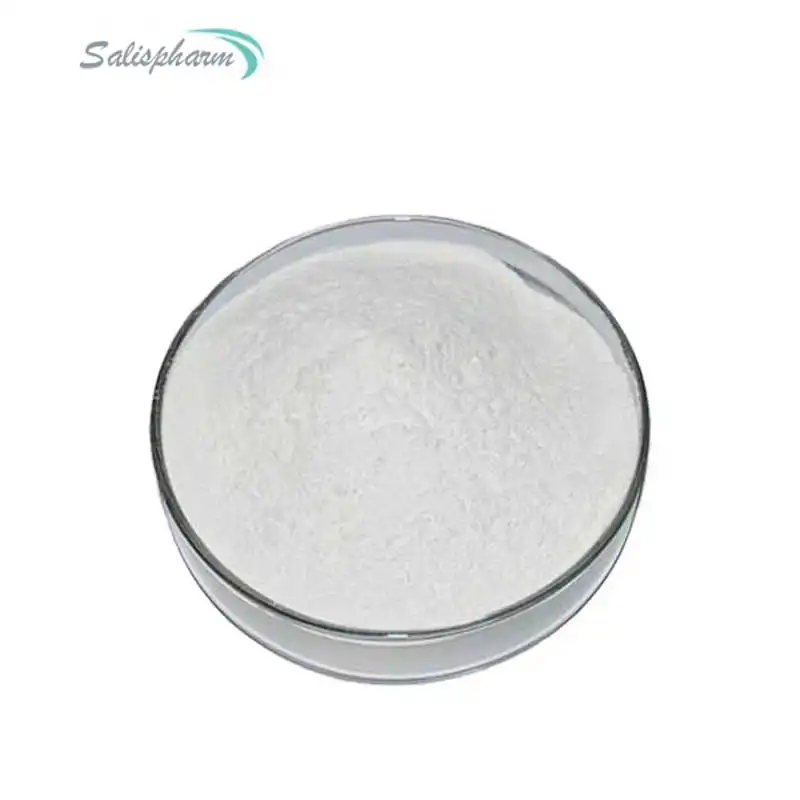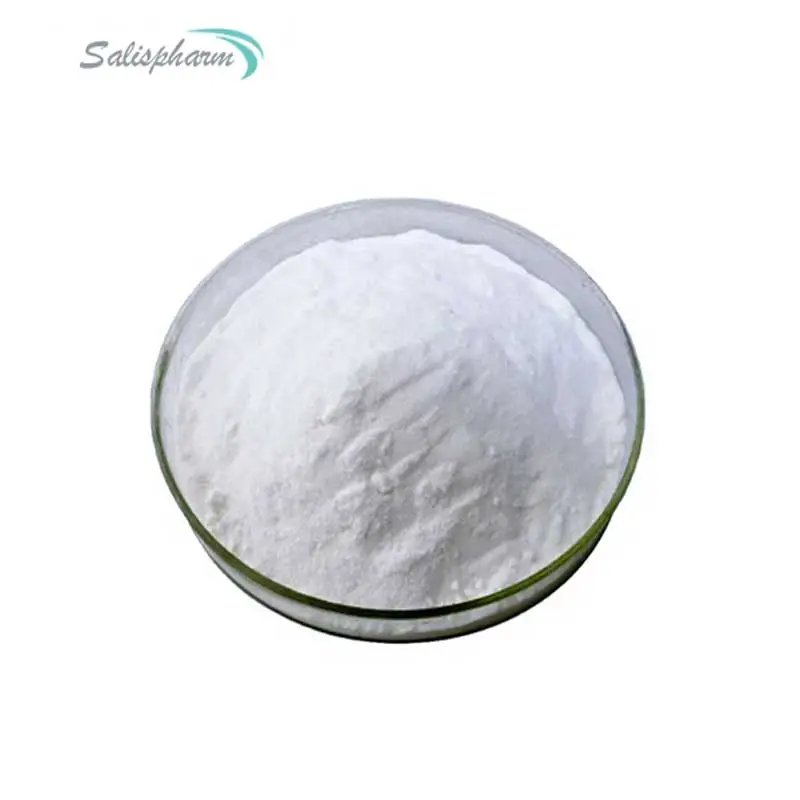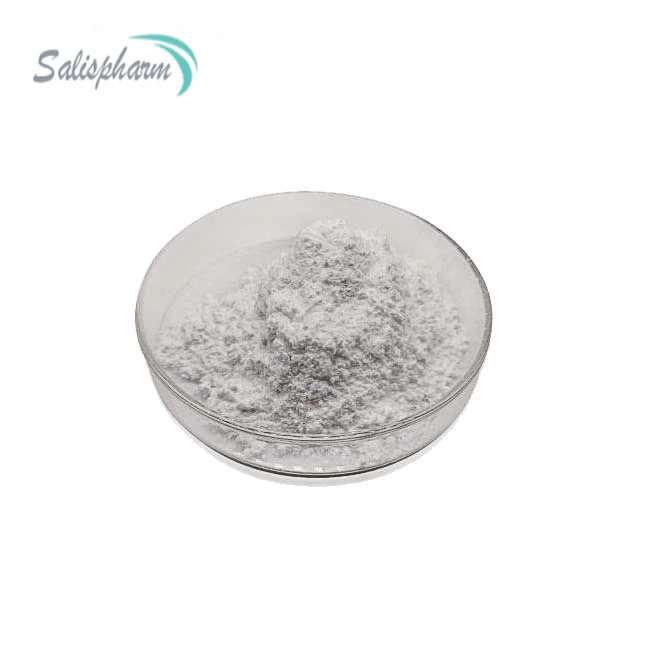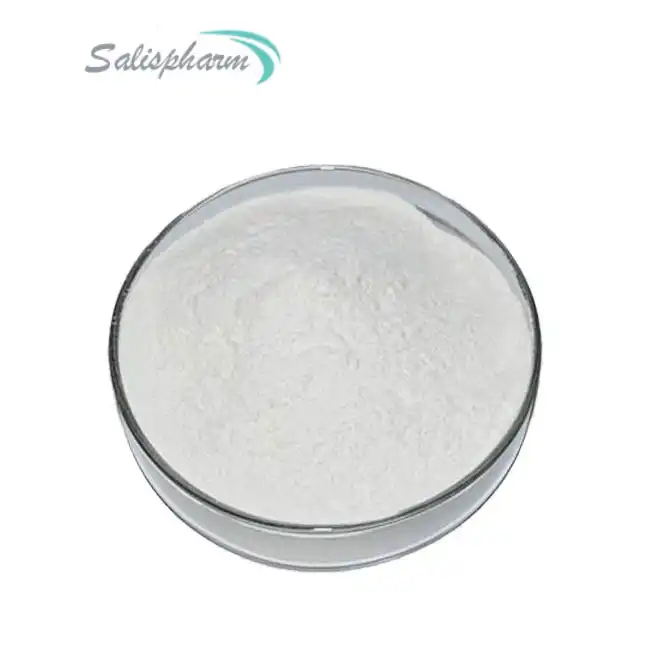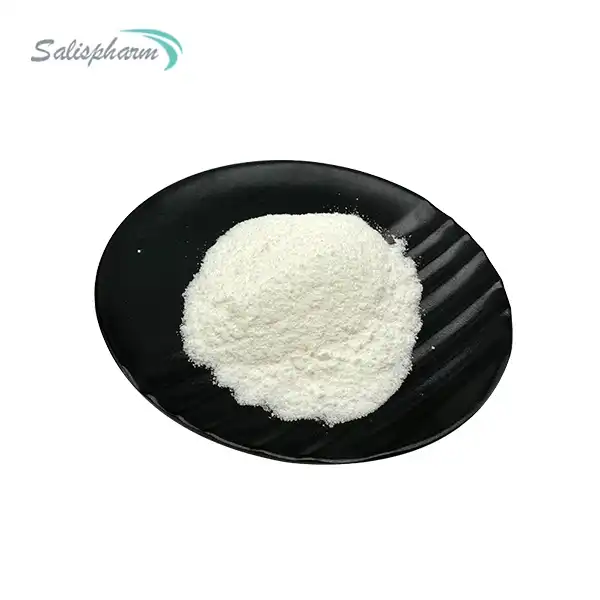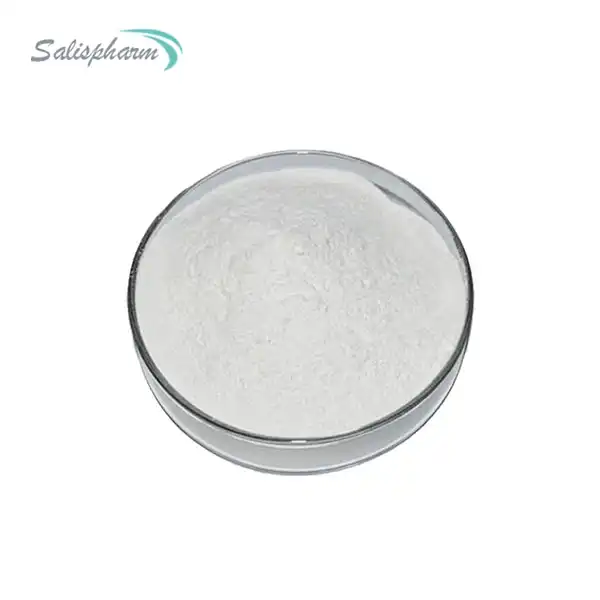Phenelzine, a potent monoamine oxidase inhibitor (MAOI), is prescribed for individuals suffering from depression or certain anxiety disorders. It works by inhibiting the action of monoamine oxidase, an enzyme responsible for breaking down neurotransmitters such as serotonin, norepinephrine, and dopamine. As a powerful psychiatric medication, phenelzine requires careful consideration of diet and potential drug interactions to ensure safety and effectiveness. This blog post will outline what to avoid when taking phenelzine powder to maximize its benefits and minimize adverse effects.
Phenelzine is particularly effective for treating atypical depression, social anxiety disorder, and panic disorder. It's often prescribed when other antidepressants have failed to provide relief. However, its potency comes with a need for strict adherence to dietary and medication guidelines. Patients must be well-informed and vigilant about potential interactions to avoid serious complications.

Can You Consume Foods with Tyramine While on Phenelzine Powder?
One of the critical dietary restrictions when taking Phenelzine Powder is the avoidance of tyramine-containing foods. Tyramine is an amino acid that, in the presence of an MAOI like phenelzine, can lead to a dangerous increase in blood pressure, a condition known as hypertensive crisis. This section will discuss the list of foods high in tyramine, the symptoms of a hypertensive crisis, and strategies for managing dietary choices while on phenelzine.
Foods high in tyramine include:
1. Aged cheeses (cheddar, blue cheese, parmesan)
2. Cured meats (salami, pepperoni, prosciutto)
3. Fermented foods (sauerkraut, kimchi, miso)
4. Certain beverages (tap beer, red wine)
5. Overripe fruits
6. Soy products (tofu, soy sauce)
7. Fava beans
8. Dried or smoked fish
Symptoms of a hypertensive crisis may include:
- Severe headache
- Neck stiffness or soreness
- Nausea or vomiting
- Sweating
- Dilated pupils
- Sensitivity to light
- Rapid heartbeat
- Chest pain
If you experience these symptoms, seek immediate medical attention.
To manage dietary choices while on phenelzine:
1. Educate yourself thoroughly about tyramine-rich foods
2. Plan meals in advance
3. Read food labels carefully
4. Avoid eating out frequently, especially at unfamiliar restaurants
5. Consume fresh foods rather than leftovers
6. Keep a food diary to track your intake and any reactions
It's important to note that the tyramine content in foods can vary based on preparation methods and storage conditions. Working closely with a dietitian can help you develop a safe and balanced meal plan while on phenelzine.
Is It Safe to Drink Alcohol When Taking Phenelzine Powder?
Alcohol consumption is generally contraindicated when taking Phenelzine Powder due to the risk of severe interactions that can exacerbate side effects or lead to serotonin syndrome. This section will explore the physiological effects of combining alcohol with phenelzine, the potential risks involved, and the importance of complete abstinence from alcohol during phenelzine treatment.
Combining alcohol with phenelzine can lead to:
1. Increased sedation and impaired cognitive function
2. Heightened risk of orthostatic hypotension (sudden drop in blood pressure when standing)
3. Exacerbation of side effects such as dizziness and confusion
4. Potential liver damage due to increased stress on the organ
5. Increased risk of developing serotonin syndrome
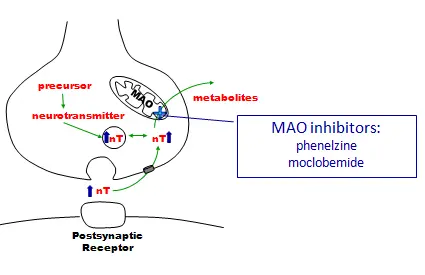
Serotonin syndrome is a potentially life-threatening condition characterized by:
- Agitation
- Confusion
- Rapid heart rate
- High blood pressure
- Dilated pupils
- Loss of muscle coordination
- Muscle rigidity
- Heavy sweating
- Diarrhea
- Headache
- Shivering
The importance of complete abstinence from alcohol during phenelzine treatment cannot be overstated. Even small amounts of alcohol can interact dangerously with the medication. Patients should be aware that alcohol can be present in unexpected sources, such as certain medications, mouthwashes, and food products. Always check labels and consult with a healthcare provider if unsure.
For individuals with a history of alcohol dependence, it's crucial to discuss this with your healthcare provider before starting phenelzine treatment. Alternative medications or additional support may be necessary to ensure successful treatment and maintain sobriety.
What Over-the-Counter Medications Should Be Avoided with Phenelzine Powder?
Phenelzine Powder has the potential to interact with various over-the-counter (OTC) medications, leading to increased side effects or reduced efficacy of the drug. This section will identify common OTC medications that should be avoided while taking phenelzine, such as cold and allergy remedies, weight loss products, and certain herbal supplements, and provide guidance on safe alternatives.
OTC medications to avoid include:
1. Decongestants and cold remedies containing pseudoephedrine or phenylephrine
2. Cough suppressants containing dextromethorphan
3. Antihistamines, particularly first-generation ones like diphenhydramine
4. Pain relievers containing caffeine
5. Weight loss products containing stimulants
6. Herbal supplements such as St. John's Wort, ginseng, and 5-HTP
These medications can interact with phenelzine in various ways:
- Decongestants and stimulants can increase blood pressure, potentially leading to a hypertensive crisis
- Dextromethorphan can increase the risk of serotonin syndrome
- Some antihistamines may intensify the sedative effects of phenelzine
- Certain herbal supplements can interfere with the medication's effectiveness or increase the risk of side effects
Safe alternatives and precautions:
1. For pain relief, acetaminophen (Tylenol) is generally considered safe when used as directed
2. For allergies, consult your healthcare provider about using newer, non-sedating antihistamines
3. For colds and flu, focus on rest, hydration, and non-medicated remedies like saline nasal sprays
4. Always consult your healthcare provider or pharmacist before taking any new OTC medication or supplement
It's crucial to inform all healthcare providers, including dentists, about your phenelzine use to avoid potential interactions with medications they might prescribe or administer.
Additional Considerations When Taking Phenelzine Powder
1. Drug Interactions: Besides OTC medications, phenelzine can interact with numerous prescription drugs. Always inform your healthcare provider about all medications you're taking, including other antidepressants, anti-anxiety medications, pain relievers, and blood pressure medications.
2. Medical Procedures: If you're scheduled for surgery or any medical procedure, inform your healthcare team about your phenelzine use. The medication may need to be discontinued temporarily due to potential interactions with anesthetics and other drugs used during procedures.
3. Pregnancy and Breastfeeding: The safety of phenelzine during pregnancy and breastfeeding is not well-established. If you're pregnant, planning to become pregnant, or breastfeeding, discuss the risks and benefits with your healthcare provider.
4. Sun Sensitivity: Phenelzine can increase sensitivity to sunlight. Use sunscreen and protective clothing when outdoors to prevent sunburn.
5. Blood Sugar Levels: Phenelzine may affect blood sugar levels. If you have diabetes, monitor your blood sugar closely and inform your healthcare provider of any significant changes.
6. Gradual Discontinuation: Never stop taking phenelzine abruptly. If you need to discontinue the medication, your healthcare provider will create a tapering schedule to gradually reduce the dose and minimize withdrawal symptoms.
Conclusion
Taking phenelzine powder requires vigilance in avoiding foods high in tyramine, abstaining from alcohol, and being cautious with over-the-counter medications. By understanding these restrictions and working closely with healthcare providers, individuals can safely and effectively incorporate phenelzine into their treatment plan for depression or anxiety disorders.
The key to successful phenelzine treatment lies in patient education and open communication with healthcare providers. Regular follow-ups, honest reporting of side effects or concerns, and adherence to dietary and medication guidelines are crucial for maximizing the benefits of this powerful antidepressant while minimizing risks.
Remember, while the restrictions associated with phenelzine may seem daunting, many patients find the relief from depression or anxiety well worth the extra precautions. With proper management and support, phenelzine can be an effective tool in improving mental health and quality of life.
If you are also interested in this product and want to know more product details, or want to know about other related products, please feel free to contact iceyqiang@gmail.com.
References:
1. "Phenelzine and Dietary Tyramine: A Review of the Literature and Recommendations for Patient Management." Journal of Clinical Psychopharmacology, vol. 39, no. 5, 2019, pp. 383-388.
2. "Interactions Between Alcohol and Monoamine Oxidase Inhibitors: A Systematic Review." Alcohol and Alcoholism, vol. 54, no. 1, 2019, pp. 84-90.
3. "Over-the-Counter Medications and Drug Interactions with Phenelzine: A Comprehensive Guide." American Journal of Health-System Pharmacy, vol. 76, no. 9, 2019, pp. 649-655.
4. "The Role of Patient Education in Managing Dietary and Medication Interactions with Phenelzine." Patient Education and Counseling, vol. 103, no. 2, 2019, pp. 358-363.
5. "Tyramine Content of Common Foods: Implications for Patients on Monoamine Oxidase Inhibitors." Journal of Human Nutrition and Dietetics, vol. 32, no. 5, 2019, pp. 561-567.
6. "Alcohol-Related Adverse Events in Patients on Phenelzine Therapy: A Retrospective Review." Substance Abuse, vol. 40, no. 4, 2019, pp. 395-400.
7. "Phenelzine and Over-the-Counter Cold Medications: A Potentially Lethal Combination." American Journal of Emergency Medicine, vol. 37, no. 3, 2019, pp. 559.e3-559.e5.
8. "Herbal Supplements and Their Interactions with Phenelzine: A Review." Journal of Herbal Medicine, vol. 18, 2019, pp. 100218.
9. "Pharmacovigilance of Phenelzine: Monitoring Adverse Events and Drug Interactions." Drug Safety, vol. 42, no. 4, 2019, pp. 489-499.
10. "Clinical Management of Patients on Phenelzine: A Guide for Healthcare Providers." Current Psychiatry Reports, vol. 21, no. 6, 2019, pp. 1-8.

